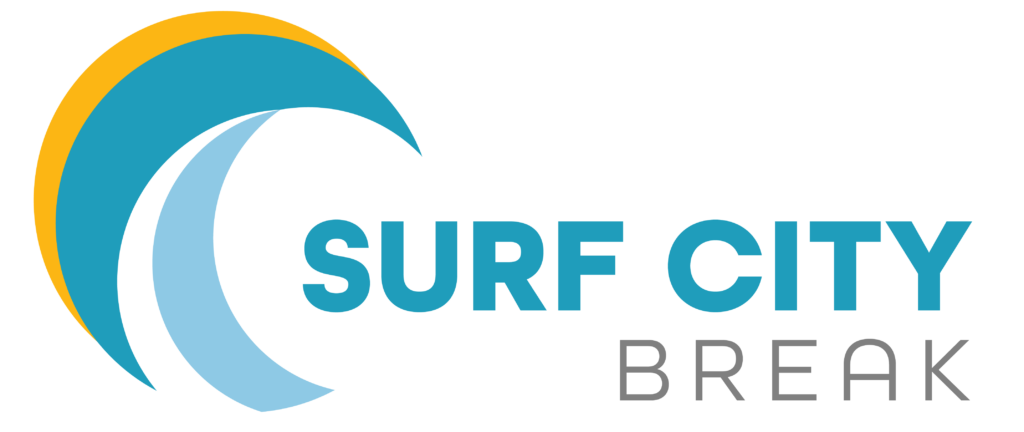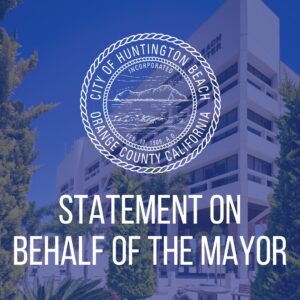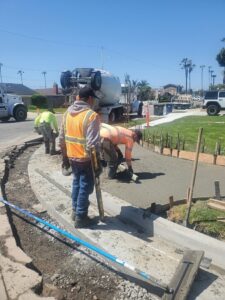Written by Kathie Schey, City Archivist
In the 1870s, the United States underwent significant transformations. Waves of immigrants arrived on its shores, while groundbreaking inventions like the light bulb and the phonograph reshaped daily life. Events such as Custer’s infamous encounter at the Little Big Horn and Rutherford B. Hayes’s electoral victory for the U.S. presidency marked this era, coinciding with celebrating our nation’s centennial in 1876. California remained connected to these national developments through newspapers, maritime trade, the telegraph, and the Transcontinental railroad.
Unsurprisingly, California’s initial constitution, written in 1849, came under increasing scrutiny and criticism during this period of change. This inheritance from Spanish and Mexican law sometimes clashed with evolving national legislation, and the earlier constitution failed to address critical aspects of modern society, particularly government revenues and expenditures.
The nationwide economic Panic of 1873 and the expanding railroads posed significant challenges for California’s farmers. These and other issues were addressed by 152 delegates who met in Monterrey. They reviewed the old constitution’s failings amid current challenges and drafted a new constitution. It was ratified by a vote of 77,959 to 67,134, hardly a landslide victory. It radically changed most governmental departments, created the Board of Equalization to manage tax rates, and significantly overhauled the judicial system. In their zeal to protect the state’s farmers and workers, the delegates targeted those they felt competed with them. Although it flew in the face of the U.S. Constitution, Article XIX made it illegal to hire anyone of Chinese descent.
The 1879 Constitution remains in effect, even though it has undergone over 480 amendments, making it one of the longest constitutions globally. Notably, Article XI, Section 5, laid the groundwork for the governance of Charter Cities. As summarized by California Courts.gov, this “home rule doctrine” specifies that charter cities may “make and enforce all ordinances and regulations in respect to municipal affairs” and further “makes these laws supreme over all laws inconsistent therewith.” Unfortunately, it does not define the term “municipal affairs,” which has led to many court battles over the years.
California is home to 125 Charter Cities, including major metropolitan centers like Los Angeles and Sacramento – the state capital. Huntington Beach held Charter City status since 1937, a decision influenced by concerns over state intrusion on the city’s oil revenue. The community opted to retain control over municipal affairs by approving the original City Charter. Our charter has been amended many times, mostly for administrative issues. In 1968, however, it changed so dramatically that it was considered a whole new charter. A council-appointed committee of 11 community members diligently worked to suggest important changes before it was put to a special election. Following the defeat of a proposed alternative charter by a disgruntled faction, supporters actively campaigned for the revised charter, with even local businesses like the Standard Market endorsing it in their advertisements. Ultimately, the charter passed by a substantial margin of 3255 to 1108 votes, though it garnered less than 20% of registered voters’ participation. Key provisions of the amended charter included the appointment, rather than election, of future police chiefs, creating a personnel system, raising the tax rate to $1.45, and, most significantly, raising the number of council members from five to seven, as we have today.








